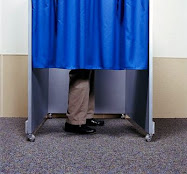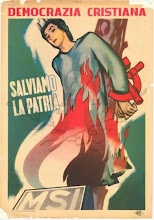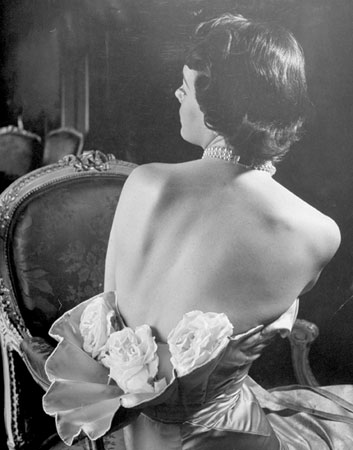
And so it was that Barack Hussein Obama visited
Was it all a dream? I fear so.
On many levels, the new
While his manner was relaxed, Mr Obama also consistently displayed an instinct for bold action that seems to be beyond the European leaders he mingled with. He wants to abolish nuclear weapons, shock the world economy back into recovery and redouble efforts to win the war in
So Mr Obama scored very highly for style and ambition on his European tour. But can he deliver the substance? Here, the verdict has to be much more doubtful – for reasons that have more to do with the sheer difficulty of the situation he has inherited, rather than any particular failings on the part of the new president.
This gap between ambition and reality was apparent on each stage of Mr Obama’s European odyssey. The outcome of the G20 summit in
But the G20 communiqué deserves to be treated with considerable scepticism. It does little to address the underlying crisis in the banking system and the credit markets. And history suggests that the results of these large global summits are all too often ignored. The same leaders promised to shun protectionism at the first G20 summit in
The grandiose promises to increase development aid that were made by the G8 three years ago have also been quietly reneged on. The communiqués produced by global summits have no legal force – and not much political clout either.
The results of the Nato summit in
Mr Obama was not inclined to stress this point, in his concluding remarks after the
The president’s
On the one hand, the launching of a North Korean rocket was a neat illustration of the urgency of nuclear disarmament – a subject that has become unfashionable since the end of the cold war. On the other hand, the test demonstrated that there are important players in this drama that are impervious to the cool, rational and conciliatory style that Mr Obama has made his own.
The same problem came up on the Turkish leg of the tour. Ever since he won the election, Mr Obama has been contemplating making a big speech addressed to the Islamic world. His aides have been mulling how far he can, or should, go to apologise for past American actions in the Middle East – for example, the
In the event, Mr Obama’s speech to the Turkish parliament contained only a short, if eloquent, passage on Islam and the west. Most of his remarks were aimed directly at the Turks themselves, as the president attempted to shore up a key American alliance that is in very bad shape.
The speech seemed to go down well. But so much damage has been done by the
When Mr Obama won office, The Onion, a satirical magazine, greeted his victory with the headline “Black man given nation’s worst job”. Watching Mr Obama’s progress around
The new American president faces an economic disaster at home, a stalemated war in
da Financial Time 9 aprile 2009



















